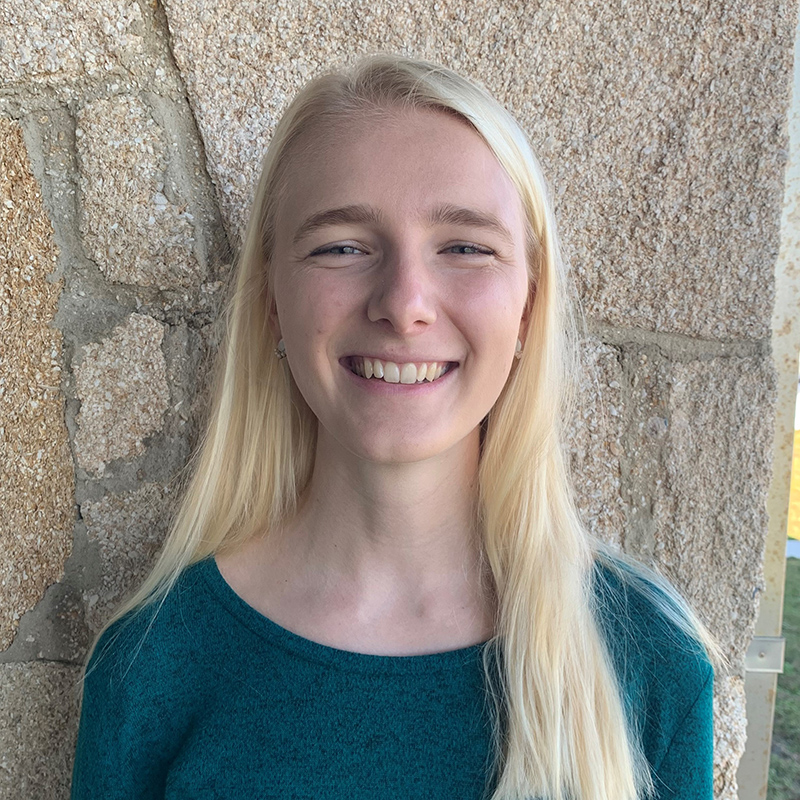
The Carl and Marcella Matthaei Ecological Scholarship Fund at the Whitney Laboratory provides support for University of Florida scientists-in-training to have access to the Matanzas River Basin, where they can engage in its biodiversity, ecology, and conservation. The Matanzas River Basin is a dynamic regional ecosystem, and the Whitney Laboratory’s campus is strategically located with access to numerous and diverse habitats along the Florida coast. We thank those who have contributed to the Matthaei Ecological Scholarship Fund, and would like to introduce you to the 2024 summer scholar.
Through generous donation to the endowed fund, we are able to offer Lauren Kunselman the opportunity to spend a portion of the summer working on focused projects in the Matanzas River Basin.
Among the Matanzas River Basin inhabitants are numerous segmented worm species that can be found as members of oyster reef communities, crawling on the estuarine floor or burrowing and building tubes in the sediment. Recent plankton surveys at the Whitney dock have documented numerous undescribed annelid species in the Mantanzas River Basin, and annelids are an important part of the local animal biodiversity.
The Seaver Lab is interested in understanding environmental resilience of annelids to predation. One predation defense that many annelids have is their ability to regenerate lost body parts. Field surveys have identified regenerating worms, demonstrating predation to be a common occurrence in the natural habitat.
This summer Seaver Lab Graduate student Lauren Kunselman is investigating the mechanisms underlying the difference between successful and unsuccessful regeneration. Lauren has identified molecular signals (Wnt) present in the wound site of regeneration (+) body fragments that are absent in regeneration (-) body fragments. Using commercially available small activating chemicals, Lauren can activate Wnt signaling and partially rescue the regeneration response in body fragments that normally do not regenerate.
Lauren will document cell and molecular differences between body fragments that can regenerate and those that cannot in response to amputation. She will also perform a detailed characterization of the partial rescue of regeneration. Specifically, she will document changes in cell division patterns and gene expression patterns at the wound site. This basic research study contributes to an understanding of animal characteristics that support success of annelids in the natural world of an intact ecosystem such as the Matanzas River Basin.